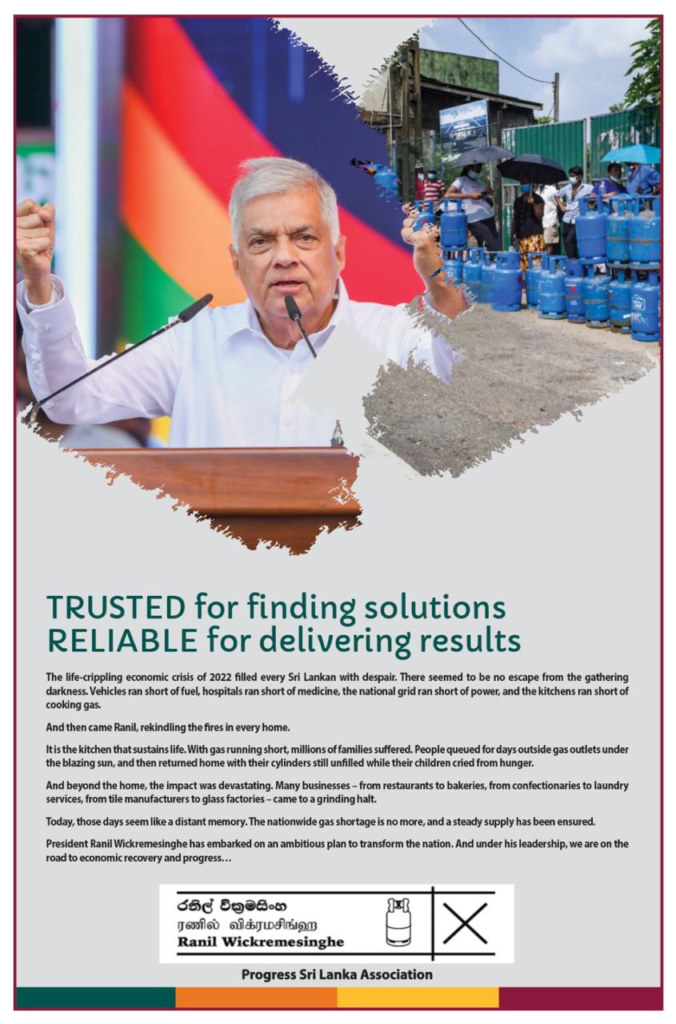By: Staff Writer
September 15, Colombo (LNW): Sri Lanka’s retail sector, particularly its e-commerce market, is set for notable growth. Between 2023 and 2027, the e-commerce sector is projected to expand by 15.59%. Businesses are gearing up to capitalize on this evolving market.
The broader retail landscape globally is shifting toward hyper-personalization and artificial intelligence (AI)-driven experiences.
A survey by Salesforce revealed that 73% of consumers expect businesses to understand their individual needs, while over half anticipate that companies will predict their preferences.
This marks a new phase in the evolution of e-commerce, where the lines between digital and physical shopping experiences blur.
In Sri Lanka, this is reflected in the growing number of digital retail transactions, showcasing the country’s ability to integrate both online and offline retail strategies effectively.
Despite facing economic challenges in 2023, including inflation and a sluggish economy, Sri Lanka’s supermarket sector has remained relatively stable due to the demand for essential goods.
In the second quarter of 2024, the supermarket industry experienced moderate growth, thanks to a slow recovery in consumer spending, especially in urban areas. In contrast, rural regions continue to grapple with rising living costs and reduced purchasing power.
A report from the Trade Ministry highlighted increased sales volumes in supermarkets, driven by household consumption and improved supply chain conditions.
The retail sector, while resilient, remains cautiously optimistic due to the upcoming Presidential election on September 21, 2024, which has led to uncertainty in the market. Retail sales have shown signs of improvement, and private credit is expected to rise in the latter half of 2024 if businesses shift towards expansion.
However, many businesses are currently focused on reducing debt after the currency crisis and renegotiating loans at lower interest rates.
John Keells Group’s performance in Q1 2024/25 reported a 12% increase in same-store sales due to higher footfall. However, discretionary spending is predicted to slow in the short term as consumers’ disposable income shrinks, affecting non-essential goods demand.
Despite these hurdles, the supermarket sector is expected to stay resilient, as essential items make up a significant portion of consumer purchases.
Cargills PLC, which operates the Food City chain, reported a 12% year-on-year revenue increase for the three months ending March 31, 2024. However, operating profit decreased by 19.5% due to higher electricity costs, increased VAT, and the removal of the VAT exemption on locally produced dairy products.
Despite these challenges, Cargills’ profit after tax grew by 4.9%, underscoring the resilience of the supermarket sector.
Sri Lanka’s economy, which has faced inflation, import restrictions, and supply chain disruptions since 2022, is on the path to stabilization. Inflation is expected to remain in single digits, and with increasing consumer spending, tourism recovery, and rising investments, the retail sector is poised for steady growth in 2024, contributing significantly to GDP and employment.




